In Depth
Inside the Archives: George Soros and the Fight for Roma Dignity
For over 40 years, George Soros has been the leading private supporter of Europe’s Roma—the continent’s largest and most excluded ethnic minority—championing Roma leaders in their fight for equality and against deep-rooted discrimination.
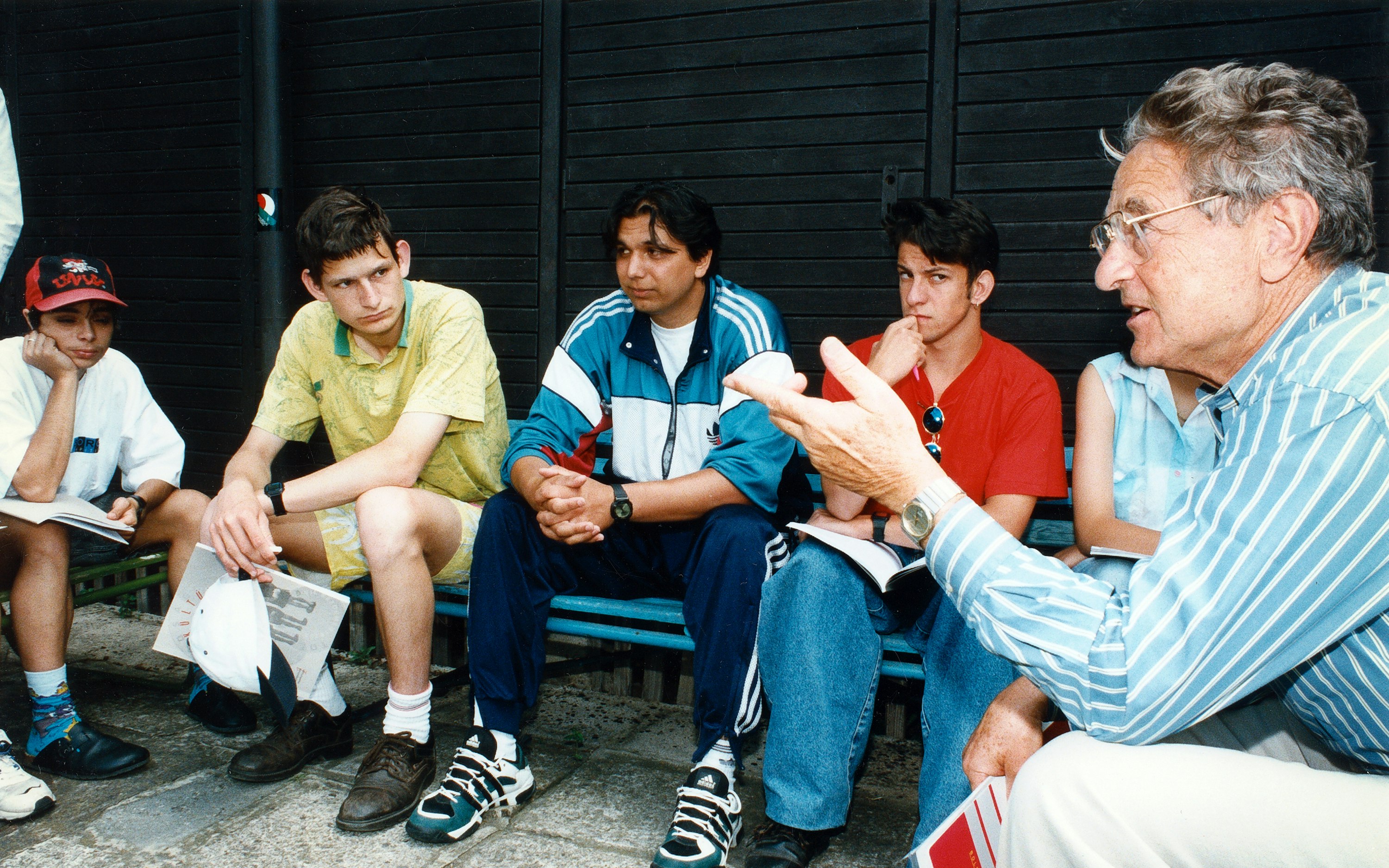
Inside Open Society
Forging New Paths to Green Development for the Global South

With climate disasters becoming more frequent and economic insecurity fueling unrest, the green transition can be a vital catalyst for countries to become more equal and prosperous, while protecting the planet.
Visual Storytelling
Q&A: Visual Witnesses: Photojournalism in a Changing World

World Press Photo Foundation's executive director reflects on the organization’s legacy, its evolving role in photojournalism, the impact of AI on the industry, and efforts to promote diversity and inclusivity in visual storytelling.
Inside Open Society
Reimagining Drug Policy with Compassion and Justice

Drug policy should be rooted in principles of public health, human rights, and uphold human dignity. Open Society strives to promote humane, evidence-based approaches to drugs and drug use worldwide.
Topics
Latest Voices
Making the Truth Visible
Q&A: Bearing Witness to Broken Policing

By supporting grassroots activists who are using video to shine a light on police violence, the nonprofit group WITNESS is empowering the movement for racial justice and greater accountability.
Black Lives Matter
A $220 Million Investment in Racial Justice

Open Society President Patrick Gaspard explains the Foundations’ decision to seize this moment to make a long-term investment in building power in Black communities.
Racial Justice Matters
Open Society’s History Fighting for Racial Justice in the United States
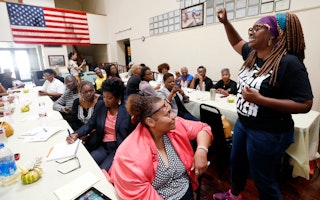
For decades, George Soros and the Open Society Foundations have invested in racial equity and the movement to dismantle systemic forms of discrimination—from the drug war to segregated schools and housing to securing the right to vote.
Surveillance Oversight Matters
Q&A: How Civil Society in Brazil Is Defending Privacy Rights

Through advocacy, organizing, and speed, Brazil’s civil society helped pave the way for a recent ruling from the country’s highest court that puts needed limits on how the government can use data to fight COVID-19.
Faith and Healing
Q&A: Preaching Harm Reduction

By bringing harm reduction to the faith community, Faith in Public Life is using the church to save lives in the face of the overdose crisis.
Event Recap
How Authoritarianism Fuels the War on Drugs
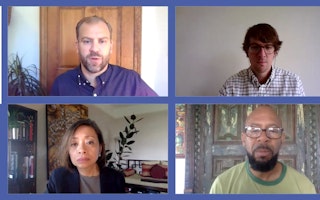
While the world’s attention has shifted to the COVID-19 pandemic, the harms and injustices of the “war on drugs” are not only continuing; they’re being intensified. What can civil society reformers do in response?
Sex Work Is Work
A Museum for and by Sex Workers

Through the Sex Workers’ Pop-Up Museum, 21 artists from 10 different countries seized an opportunity to share their lived experiences in creative, unexpected, and challenging ways.
Worker Rights Are Human Rights
Q&A: Women Workers in Fast Fashion Demand Justice
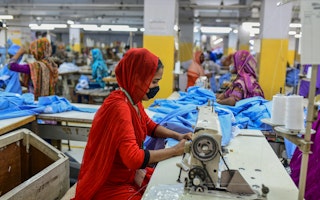
Despite being among the most exploited laborers in the world, garment workers in the fast fashion industry are at the forefront of the movement to reform globalization so it protects and empowers workers.
Rule of Law
Q&A: A Victory for Asylum Seekers in Hungary

Thanks to an unusually forceful judgment from the EU Court of Justice, the rights of asylum seekers in the EU have been reaffirmed and the dangerous precedent set by Hungary’s government has been challenged.
Power for Refugees
Q&A: Empowered Refugees Lead the Way
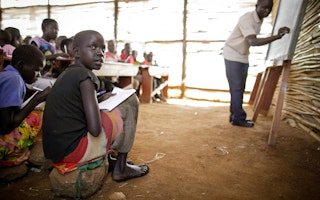
The best way to support and empower refugees in a time of crisis is to recognize that they know best how to address the needs of their communities.